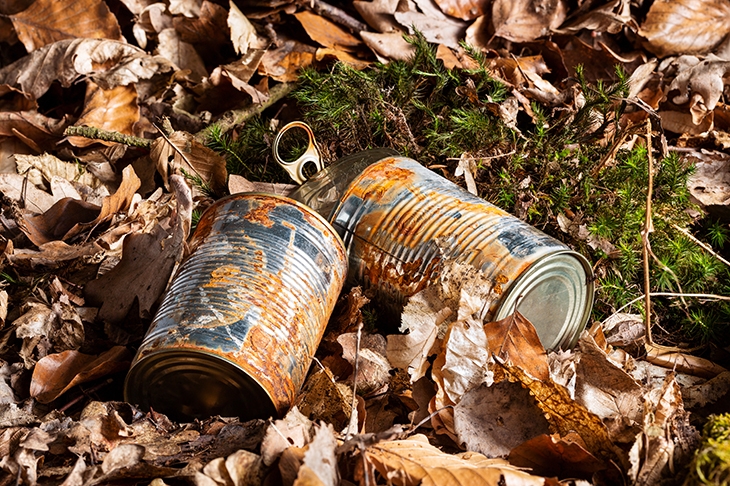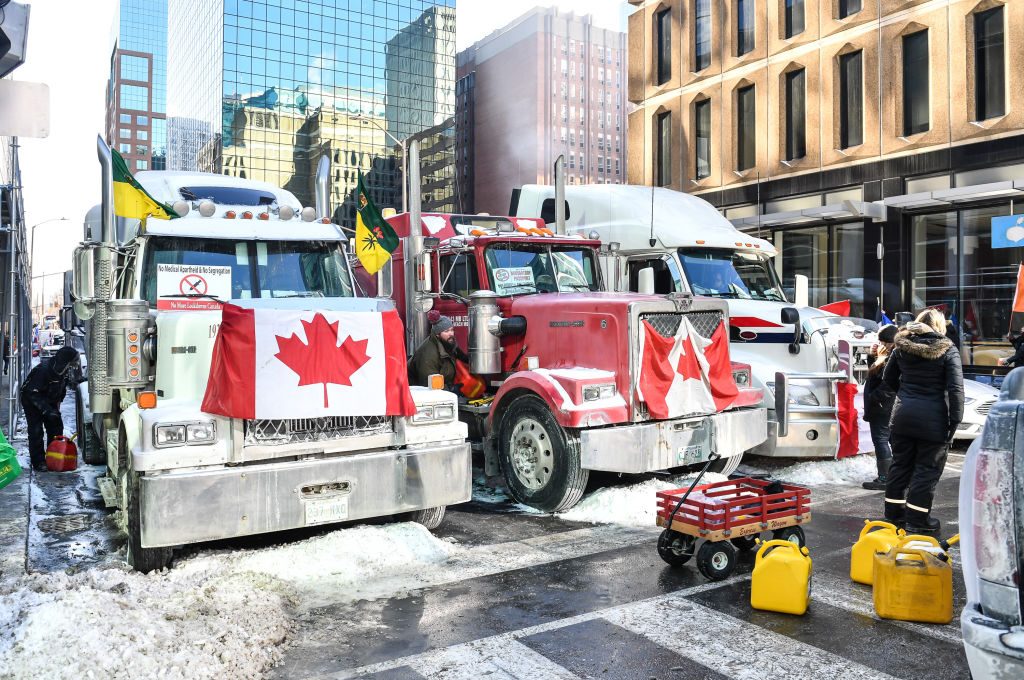Something about the word ‘bomb’ has always thrilled me, and I know why. No school today.
In the 1950s we lived in Nicosia, Cyprus, when the island was a British colony and Greek Cypriot terrorists were trying to kill us. Our house was near a big army camp and our Cypriot neighbors were friendly, so home felt protected. It never occurred to me, just starting school, that proximity to the military was not a guarantee of security; and it never occurred to Mum and Dad that our neighbors had a small bomb factory, later discovered underneath their chicken house; so indoors seemed safe.
But outdoors was different. Our parents, apparently anticipating by about half a century the casual use of improvised explosive devices, issued the sternest of warnings about kicking old tin cans we found lying around. They might be bombs. To this day I eye any rusty old tin with suspicion. I never wanted to be blown up myself. I didn’t want Dad to be shot, either, as some British businessmen had been; and we worried a bit about Mum, a continuity announcer for the Forces Broadcasting Service — voted by the troops as ‘Miss Pussy Voice 1957’ — who was taken to the studios in a military vehicle and said the armed 18-year-old squaddie who escorted her seemed more nervous than she. We did worry lest she come to harm.
But other people? They were just other people. We didn’t know them. And when a bomb went off, reported on the wireless, it was always somewhere else. And when a few bombs went off — three cheers! — the newsreader would announce that all schools were to be temporarily closed. At the very word ‘bomb’ on the radio I would prick up my ears. Bomb. No school. Hooray.
A little bit of us almost wants to see the pattern of our lives interrupted, even broken
There is something in the child that thrills at the breaking of the pattern of life. You will observe this in the plots of those children’s stories that stay evergreen through the generations. The tornado that lifted Dorothy out of the dreary Kansas plains was good news, not bad. When Alice fell down the rabbit hole it was to adventure she fell. The Pied Piper’s kidnap may have appalled the parents of Hamelin — but what larks, even for the little crippled boy! Lost or trapped in the woods Goldilocks, the two Babes and Pooh may have been: but ‘lost’ brings excitement. Max, if only in his imagination sailing away to an island in Maurice Sendak’s story, sails away to a kind of liberation in Where the Wild Things Are.
There’s a pattern in these stories, and the pattern is that breaking the pattern may be both a horror and a liberation.
For all of us in Britain who were born after or cannot remember World War Two — which is to say everyone under about 80 — the biggest break we’ve ever experienced in the pattern of our lives now looms. I find it hard to write in a manner that will not invite censure, about the secret excitement that lurks beneath the manifest distress this will bring. Perhaps it’s impossible to write sensitively about such a feeling; but it’s there for many, I think, not just me.
I’m emboldened to try by the fact that I’m in the age-group classified as vulnerable to the consequences of catching the illness caused by the COVID-19 virus. Were I writing about the threat to others rather than myself, the charge of insensitivity might be easier to make. But the fact is that though I may be wrong, I do not believe this virus will kill me, or is even seriously likely to. It might well kill my mother, though, who turns 94, God willing, this summer. She, however, is not much worried for herself — it may be with difficulty that we keep her from going out in Spain, where she lives — but worried only for her children and those close to her.
Whatever age we may be, the worry is undeniable. ‘Worry’, of course, is a state of mind. A more objective kind of distress besets us as regards the economy in general, and in particular our savings or even our livelihoods or the livelihoods of those we know and care about. This is more than a worry: it’s a hard prediction. Businesses will be bankrupted, people will lose their jobs and some of the material things on which we’ve come to rely. Coronavirus (or, to be strictly accurate, the response to the pandemic that the world has decided to adopt) will undoubtedly bring hardship to many and great hardship to some.
So why do I mention the secret, small but unmistakable tingle of excitement that plays around the edges of our minds? Because it’s there, and because (I believe) it plays to the little bit of us that almost wants — I say ‘almost wants’, not ‘wants’ — to see the pattern of our lives interrupted, even broken. The vast film industry surrounding fictional disasters, the songs, the stories and the novels about shipwreck, castaways, floods and plagues, the thrill of apocalypse, the recurrence of natural disaster through the Testaments Old and New, the very Book of Revelation itself…these things stare us in the face, if only we will look. On how many gravestones in how many churchyards does that phrase from Romans 15, 9-11, ‘and they shall sing a new song’, appear?
I report this. I neither advocate nor lament it. I draw no conclusion, except perhaps for this. We do need to be on guard against the small but persistent Will to Destruction that lurks, usually unacknowledged, in the human breast. Because we’re reluctant to acknowledge this, it may sometimes make its way to the surface wearing the mask of precaution, urging us to ‘err on the side of caution’ by leveling to the ground, burning, destroying, closing things down. Commentators use the word ‘lockdown’ with a certain relish.
The voice that insists ‘there is wisdom in overcompensation’ often speaks true. Probably it does this month. But in the corner of your mind, keep alive the small, flickering flame of suspicion.
Matthew Parris is a columnist for
The Spectator’s UK magazine and The Times of London. This article was originally published in The Spectator’s UK magazine. Subscribe to the US edition here.

























